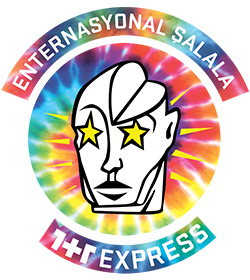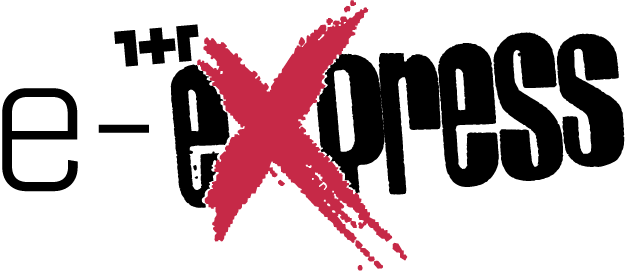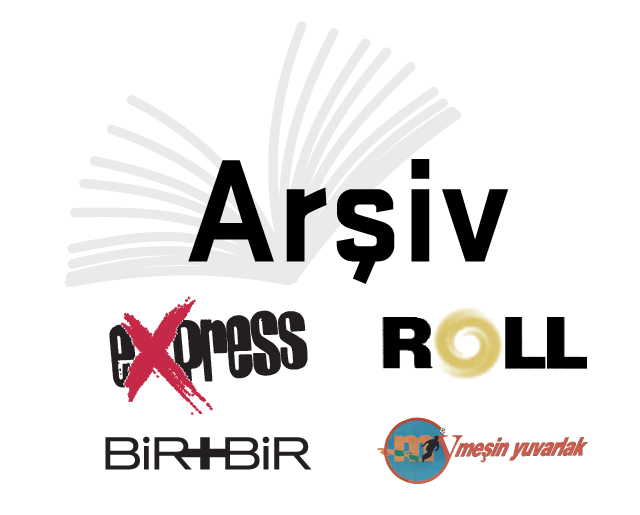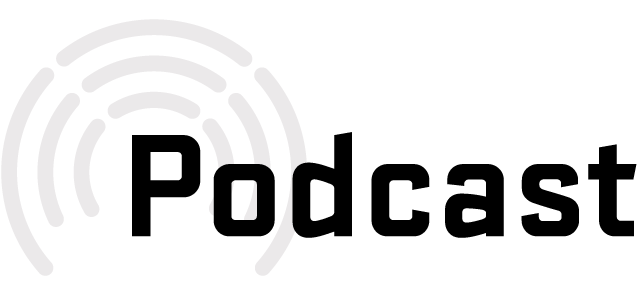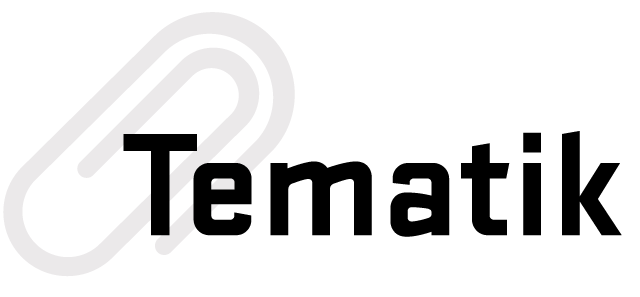Patty, pastry, pie, stuffed vine leaves, nut honeycomb, various types of jam… They are all organic and they are all products of solidarity. The Devrek Sun Cooperative has become the hope of women from Devrek, a small town in the Black Sea region of Turkey, since the day it started. Three partners of the cooperative tell their story of building a solidarity economy from scratch.

How would you describe Devrek?
Hatice Bartu: It was fully green 20 years ago. They destroyed the green to build residential areas. There is no industry. Only a few chipboard and coating factories. There are mostly craftsmen and mineworkers here. Also, a lot of retired people, as well as people who partially live in Germany and stay here for about six months a year. There is a vocational high school and a culinary school, which can potentially get bigger. They need support. Anyhow, Devrek is still beautiful and green. Agriculture can be revitalized in a few years. There are people who want to come back since it is hard to survive in big cities. But the fields are divided due to the number of siblings in families. Planned production is vital. We can grow plants that don’t need much water, since we face the risk of climate change and draught. We are losing our underground sources. There are two hydroelectric power plants by the water. Hence, we will have a water issue soon.
Some of our members hadn’t set foot anywhere outside their homes, now they socialize in the cooperative. Some of our members, who had never been in Zonguldak, now travel around the region to attend workshops and seminars. They’ve learnt to express themselves.
Are you all from Devrek?
Nazmiye Göktepe: My husband and I are from Devrek. He was working in Çanakkale, a neighboring town, when we got married. We moved back to Devrek after the 2001 economic crisis. We established the cooperative in 2010. I used to cook in my husband’s teahouse, before it was shut down. Saniye Uysal who is now the head of the cooperative, told us: “Let’s start a cooperative so that every woman can contribute to the domestic economy”. We first thought of garden products, then we included pastry. We began to earn our living. We started from scratch, without any support. I grew up in a farmer family but didn’t do any farming after I got married. I am good at cooking. Now we focus on our products. There are many restaurants in Devrek. We usually do wholesale. There is quite a demand for our natural spinach nettle, and carrot. We use flour, spinach, semolina, and village eggs to make spinach noodles. We don’t use any additives.

Nurten Acar: I am from Akçasu village in Devrek. I’ve been a partner of the cooperative for five years. We used to do farming, plant beans and corn, grow clovers in the village. We had cows and sheep. My husband was also in the village, working in the forest. When our children started school, we moved to the city. My daughter is in high school. Now, there is nobody left in the village. I also don’t have time to do anything in the village since I started working here. Anyway, we don’t have agriculture, neither young people to work in our village. I hope the situation will change with the cooperative.
Hatice: I was an accountant in Ereğli, a neighboring town, now I’m a retiree. I joined the cooperative right after it was established. My sister was among the founders but didn’t have much time. So, she asked me to join in since I am experienced in bookkeeping. Cooperative accountancy is quite different. All the institutions regard us as a company, including the Ministry of Finance. When we started here, people from ministry said we had to have a cash register. We are a rural development cooperative, however. It’s a place where women sell their products and earn their livings. But, we realized that it wouldn’t work by only selling what you produce at home and give the 10 percent to the cooperative. That was not enough to pay the rent, the electricity or the taxes. Then, we started to get organized and rented a place which was previously a derelict restaurant. We first started to serve breakfast, families would come and spend the day at our café. When the demand for our products increased we closed the café since we needed the space for packaging. We are planning to serve food in the village when the mill starts running.
Cooperatives have to be trustworthy, genuine and honest. People undergo a change once they’re cooperative partners. They become more responsible, claiming the work space.
Who does the mill field belong to?
Hatice: It belongs to the village’s legal entity. The building of the mill used to be a derelict school. We fixed it with the support of the Provincial and District Directorate of Agriculture. We built the furnace and the jam and grape molasses unit. We needed to make use of such a large field. Though the Ministry of Education was not very sympathetic towards it, we showed them how the school buildings being repurposed. We promised to vacate the building in three months if they would decide to open a school. The number of students in the village is very low. It is surely nice if they open schools, but I would be sad about our furnace. We went through many difficulties in making it. We had to provide most of its expenses ourselves. We worked in coordination with the local authorities. In the beginning, nobody took the cooperative seriously but now the interest is growing.
Why are you taken more seriously now?
Hatice: We create employment and we make Devrek more visible. We suffered quite a lot in the beginning, for our labour was not acknowledged. But now, people look at us with admiration. They ask us many questions about cooperatives. We tell them to read our main contract. We had our hesitations too in the initial stages, we weren’t sure whether we should be a company or a cooperative.

What are your roles in the cooperative?
Hatice: I am the vice chairman. I did the research for the machines in the mill project. For example, tarhana is usually fermented in fifteen days, now with the machine unit and in a hygienic, air-conditioned space, they will dry much faster. We will be able to make the products ready much quicker.
Nazmiye: It is our own space, we work comfortably. We earn our living. Our working atmosphere is calm and safe. I’ve never worked in such a peaceful place before. We support each other.
Nurten: I was looking for a job, and when I was asked to join the cooperative I was crying out of happiness. I am in the production, cutting pasta, pancake, flatbread, pastry, baklava. We work from eight until six in the evening, sometimes even until seven o’clock.
Would this new system you are constructing affect the quality of your products?
Hatice: The system is actually the same. Products are fermented and dried faster in closed spaces. We provide the necessary temperature in the fermentation room. This doesn’t affect the taste. Mass production will be easier. We will be able to dry the vegetables too. We can even make nettle powder and store cracked wheat in dry and cool places. We want to increase our production capacity. We also want to make production easier for workers. We might have to employ more people. The production in the village will increase. We grow tomato, paprika, beetroot ourselves. We don’t have to raise the price of our products when we grow our raw materials ourselves. We will make the consumers happy by keeping the prices stable.
How do you sell the products?
Hatice: Mostly to consumer cooperatives. We gave 80 percent of our products to Ovacık Consumer Cooperative, which was a great support for us. Consumer cooperatives provide healthy products. It is vital that both production and consumption are done in healthy environments. I would also buy my products from such an organization if there was one in Devrek. Production increases with this kind of support. We also sell on the internet and to the markets in Zonguldak. Our customers spread the word. Cooperatives support each other.
Our task is commoning sorrow, joy and labor. Sorrow get less when you share it, joy gets more when you share it. The psychological aspect of being in a cooperative is crucial.
How is it to work as fifty-two female partners? How do women benefit from the cooperative?
Hatice: Twenty-eight are active partners, the remaining twenty-four are those who trained us in the initial stages. Some of them are farmers, we buy milk, fruit and tomato from them.
Nazmiye: Cooperatives have to be trustworthy, genuine and honest. As a matter of fact, people undergo a change once they’re cooperative partners. They become more responsible, claiming the work space. I used to come here even when I was taking care of my child. I hope this place will survive and make it possible for even more people to earn their livings.
Hatice: Some of our members hadn’t set foot anywhere outside their homes, now they socialize in the cooperative. Some of our members, who had never been in Zonguldak, now travel around the region to attend workshops and seminars; they stay at five-star hotels. They’ve learnt to express themselves. We learn from our mistakes and from each other. We work collectively and in coordination.

How do you take the decisions concerning the cooperative?
Hatice: We talk. For instance, the chairwoman of the board proposed to build a mill, get sun panels to afford the electricity our machines use and sell the remaining energy to make profit. We contemplated about it and took a collective decision. We hold meetings regularly and deal with our shortcomings.
Nazmiye: We all voice our opinions in the meetings. We steadily communicate and produce collectively.
What is the meaning of cooperative for you?
Hatice: Working collectively, helping each other. You gain time when you work together. It would take me one week to make these noodles by myself, but we will make it ready tonight if we work together. Same for washing the dishes or cleaning, right? It takes half the time if someone dries the dishes while you wash them. Our task is commoning sorrow, joy and labor. Sorrow get less when you share it, joy gets more when you share it. The psychological aspect of being in a cooperative is crucial. I used to be a prejudiced person who acted individually. I learned how to share and act together here. You learn how to say “us”, rather than “me”.
Where would you like to see The Devrek Sun in ten years?
Nurten: Production will increase after the mill starts running. Mostly women who have financial problems work here. More women will join when there is more need. My husband is retired, we barely make ends meet, but these are difficult times, we manage to survive.
Nazmiye: We didn’t have this many workers and machines ten years ago. Manual work was much harder before. I had edema in my wrists, I couldn’t do hard work. Then the machines came and everyone can work comfortably. Look at our huge furnace. We did it all with our own effort.
Hatice: I think it will grow. We can also become a well-known brand, why not? We can have many more partners. People who are in need can join us. We can buy our raw material from our partners. White-collar workers can support us in marketing. We can set up kindergartens and nurseries. But we certainly have to remain productive and willing to work collectively.
Translated by Aylin Kuryel
